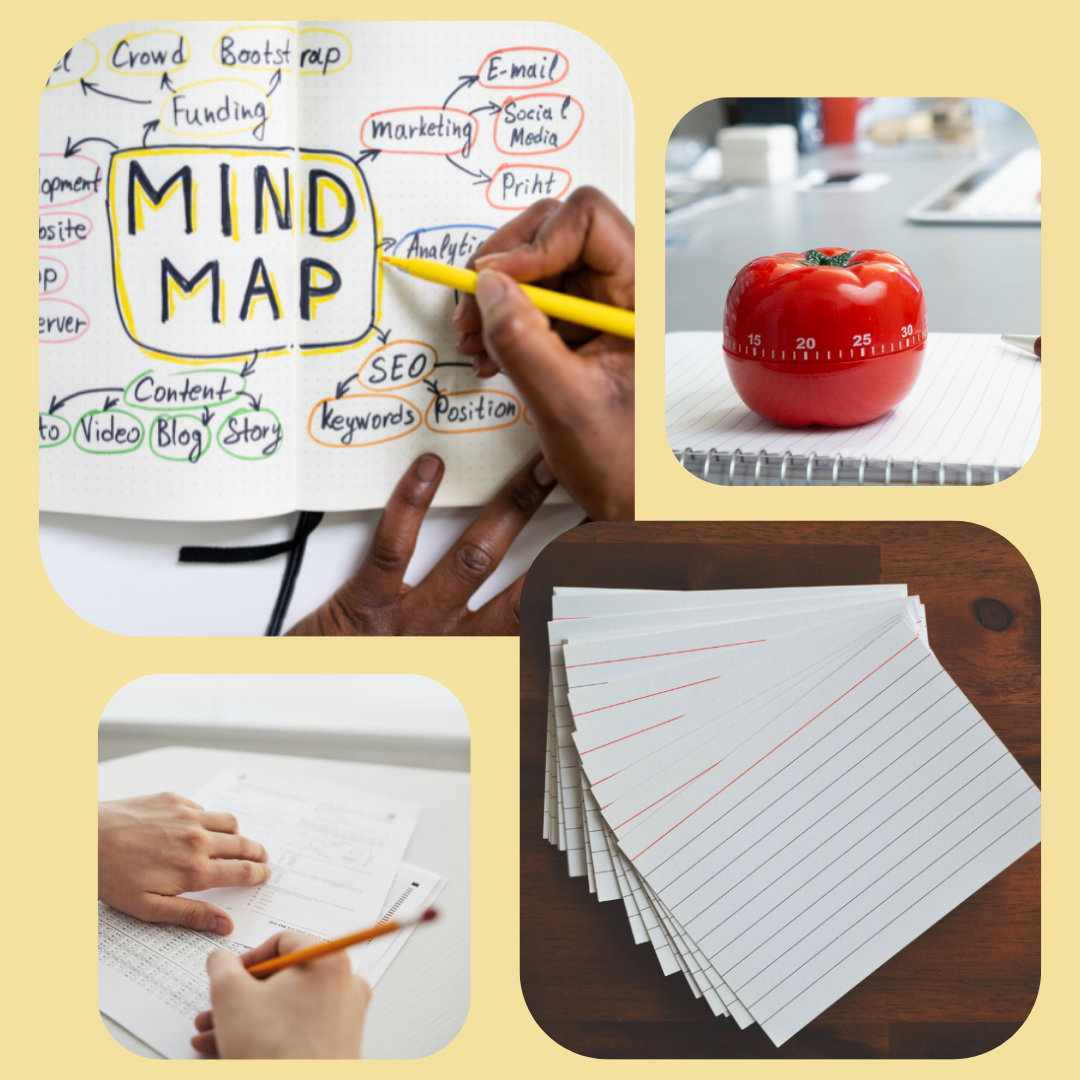
Revision tips to help with exams
luna’s got you covered 🎓

Quick summary 📝
1️⃣ Preparation is key – plan ahead, prioritise weaker topics, and use the right study techniques for you 📚
2️⃣ Use active study methods – e.g. practice papers, active recall, and group study sessions 📝
3️⃣ Look after yourself – avoid last-minute cramming, eat well, sleep enough, and stay hydrated 💗

If you’re nervous about exams, you’re not alone and luna's here to help you!
Preparation is key 🔑 but what's even more important to remember is that you are not defined by your grades.
Yes, school is important, but so is your health, wellbeing, and relationships – so please keep this in mind, always 🦋

✨ Top tips to revise for your exams ✨
Plan ahead
Making sure you’re organised at the start makes doing the work easier down the line.
👉 Break content into small chunks to avoid overwhelm
👉 Create a daily or weekly study plan and stick to it
👉 Keep your notes updated as you learn, so you’re not rushing later 🗓️
Prioritise your weak areas
Don’t just start from the beginning of the textbook.
Make a list of the areas that are your weakest and start there, as you'll need the most time to focus on these 💚
Ask questions
If something confuses you, ask – even if you think it's a silly question.
👉 Ask in class or privately after if you’re unsure
👉 Teachers are there to help, so don’t be afraid to reach out 💬
Make use of study materials
If your teacher hands out information/summary sheets, don’t just shove them into your bag 🙅
Look over them and use them for revision.
Many exams also have official learning guides or "learning intentions", so check online or ask your teacher 📝
Find study methods that work for you
Everyone learns differently, so try different study techniques or even combine them.
👉 Active recall: using memory-based study instead of passive reading
👉 Pomodoro method: study in short bursts with breaks
👉 Past papers: get used to the exam style and timing 🗃️
👉 Get creative: mind maps or cute flash cards are both good options
If you find a method isn’t working for you, don’t be afraid to let it go and try another one 🗃️
Why active recall works
Active recall is a proven study technique where you try to remember rather than just rereading notes 🤔
👉 Use flashcards or write answers from memory
👉 Test yourself regularly to make sure the learning sticks
👉 Create quizzes with friends to make revision fun 💭
Practice papers really do help
Even if you don’t feel ready, try at least one full practice paper 🧡
👉 Ignore the final mark – don't beat yourself up, but use it to identify weak areas
👉 Work on mistakes rather than just revising what you already know

Use extra resources
If you’re struggling to understand something, try another explanation.
👉 Look up online articles or videos explaining the same thing, a different way
👉 Check reliable websites that match the information you need to learn for your exam 📚
Sometimes, hearing it another way makes all the difference!
Make studying fun
Who said studying had to be lonely and boring? If it doesn't distract you, you could...
👉 Study with friends – teach each other topics with powerpoints
👉 Use quizzes or games to revise 💫
👉 Create posters or visual notes for better memory (e.g. mindmaps)
Teaching someone else is one of the best ways to learn!

Don’t leave it all last-minute
👉 If you don’t understand something, study it early – don’t wait
👉 Don’t cram the night before – spread out your revision ⏳
Little and often is way more likely to work than last-minute stress!
Look after yourself
Studying is important, but so is your health 💗
👉 Eat well and drink plenty of water
👉 Get enough sleep – your brain needs rest to actually make revision worthwhile
👉 Move your body – exercise helps reduce stress
Aaaand a final reminder
These tips will help you prepare, but keep in mind that exams don’t define you.
Do your best, but also take care of yourself 🦋
Good luck – luna's rooting for you!

How we created this article:
luna's team of experts comprises GPs, Dermatologists, Safeguarding Leads and Junior Doctors as well as Medical Students with specialised interests in paediatric care, mental health and gynaecology. All articles are created by experts, and reviewed by a member of luna's senior review team.
Sources:
NHS "Tips on preparing for exams" | Accessed 05.02.25
https://www.nhs.uk/mental-health/children-and-young-adults/help-for-teenagers-young-adults-and-students/tips-on-preparing-for-exams